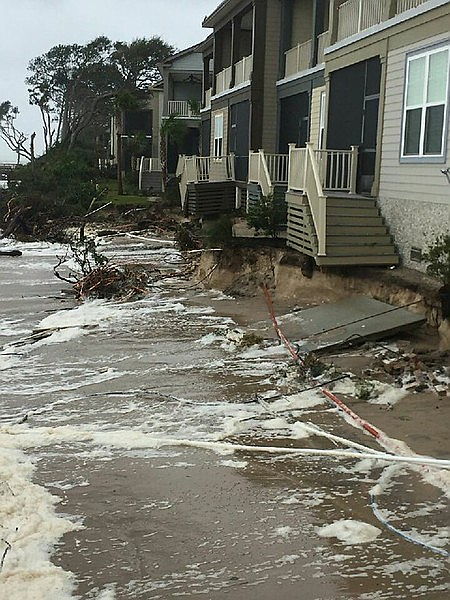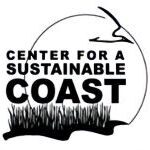
(Center Founder and Co-Director, David Kyler, prepared the following statement for a public hearing convened on December 14 regarding the Jekyll Island Authority's (JIA) Master Plan Update. The JIA commissioned a Capacity and Infrastructure Assessment published in 2018 which concluded Jekyll will reach its functional capacity by 2021 - Now! Yet the Draft Master Plan Update (MPU) under consideration avoids directly confronting the issues of overcrowding and overdevelopment and promotes commercial or residential redevelopment of land that is currently used for recreational purposes. We have joined the Initiative to Protect Jekyll Island and 100 Miles in asking the Legislative Oversight Committee to reject the MPU and place a moratorium on development until a detailed, forward-looking Capacity Plan is adopted by the JIA Board.)
Fifty years ago, in the early years of the worldwide environmental movement, the landmark book, Limits to Growth, became central in shaping my core values as a graduate student in environmental planning and policy.
Limits to Growth used innovative computer modeling to predict, with impressive accuracy, some of the most troubling predicaments we’re now facing, as massive human activities damage the world’s natural systems and threaten Earth’s habitability.
I encountered the challenge of environmental limits throughout my life’s work, first in two decades as a regional planner at what is now Georgia’s Coastal Regional Commission, and subsequently over the last 24 years working as an environmental advocate at the Center for a Sustainable Coast.
Limits are particularly significant on a barrier island such as Jekyll, where geographic boundaries impose absolute constraints, limits now being further restricted by rising sea-level caused by climate change.
On the regional planning staff, to control and mitigate growth we commonly advised local governments in zoning methods used to manage development, practices that are conspicuously lacking on Jekyll Island.
What is especially troubling on Jekyll is the absence of accountable controls that prevent threats to the health and sustainability of treasured natural resources that are fundamental to quality of life, and thus the unique value of the island as a state park.
Attempts to protect environmental quality by limiting the portion of land eligible for development have been defeated by the changing use of those developed areas, leading to escalating density – including higher and larger buildings that blatantly conflict with the tranquility for which Jekyll is renowned.
To serve the legislative charter establishing Jekyll Island State Park and honor obligations to the public, the JIA must adopt specific limits on development, which can be – and will be – legally enforced. Without these limits, the master plan update fails to achieve its fundamental purpose.

